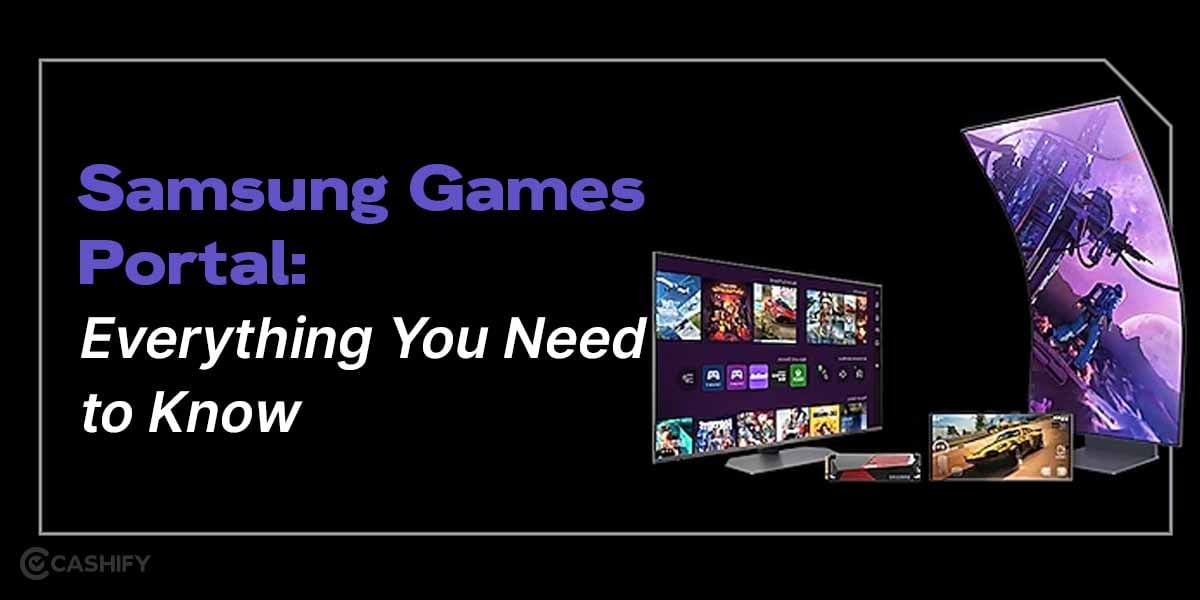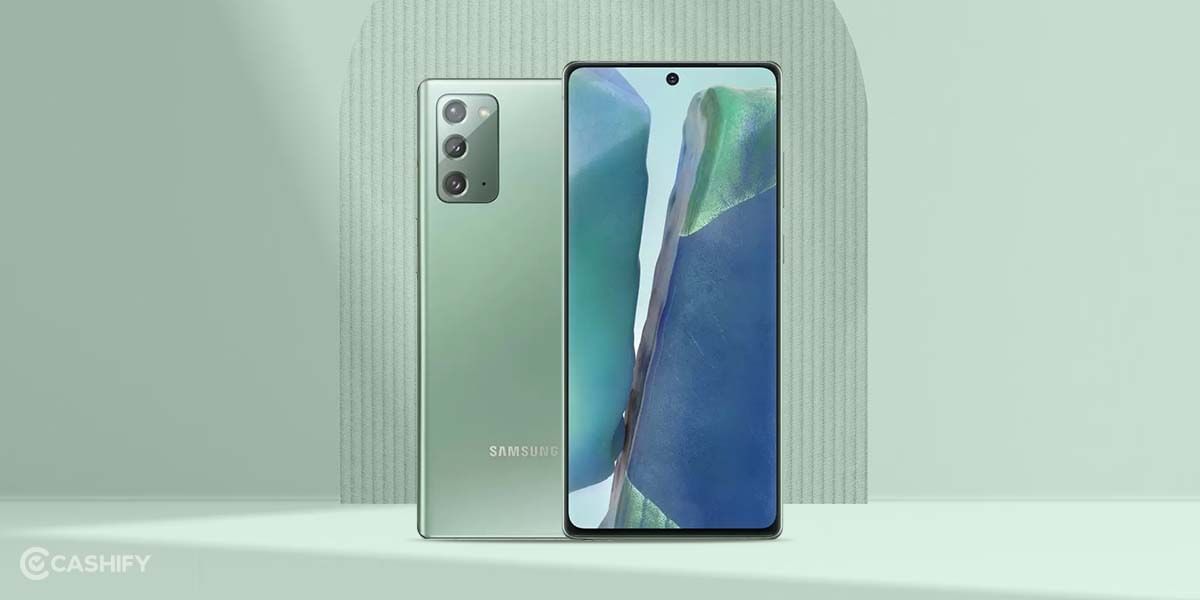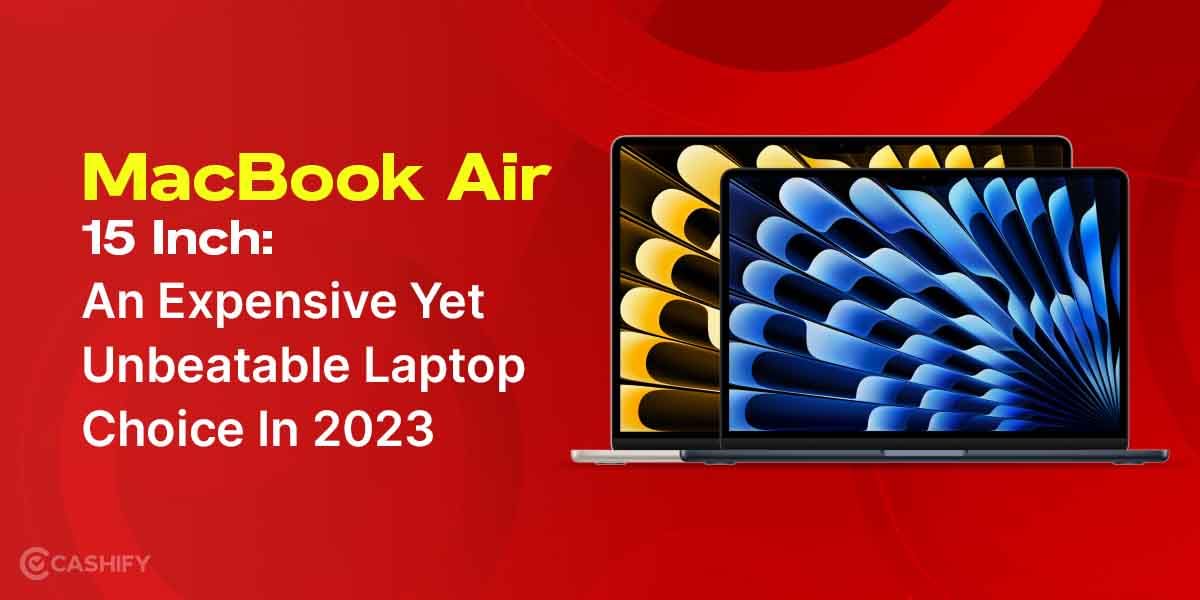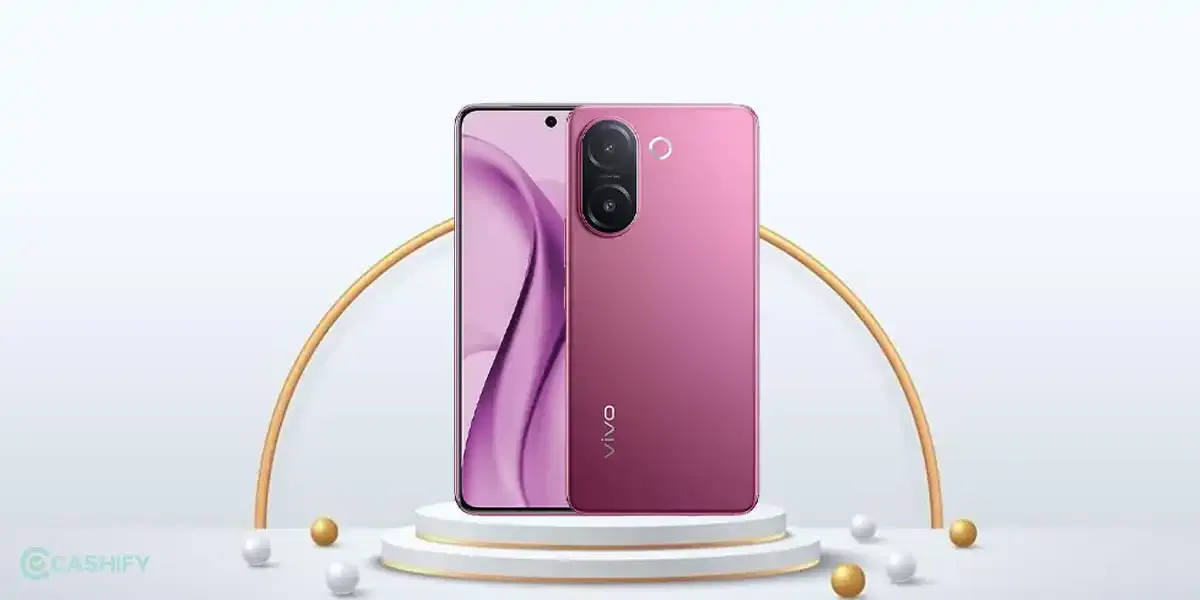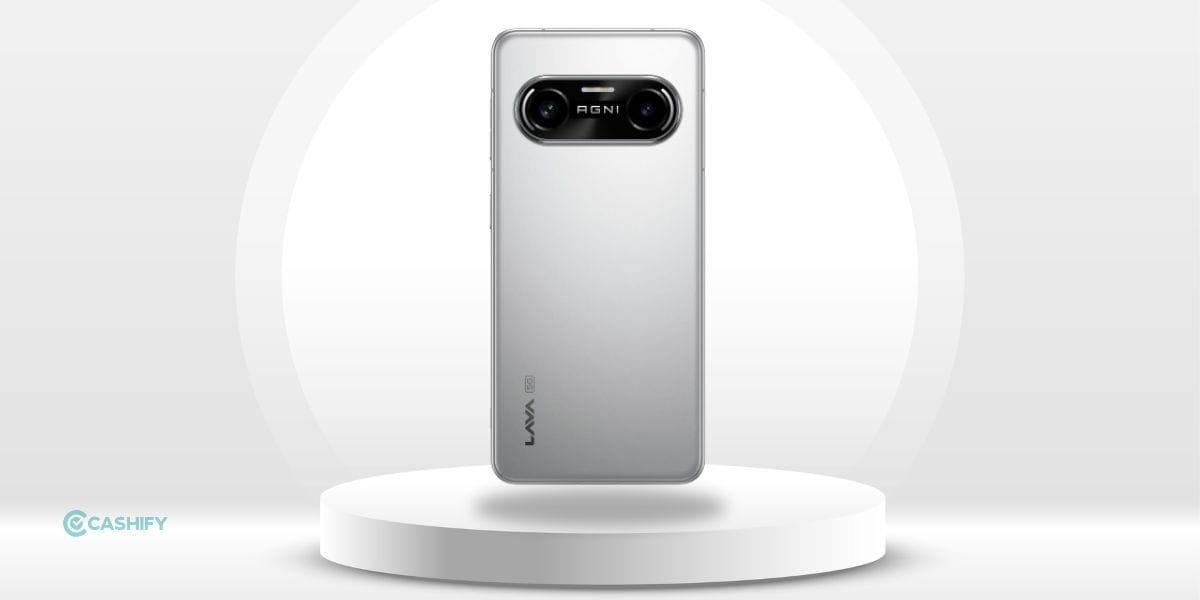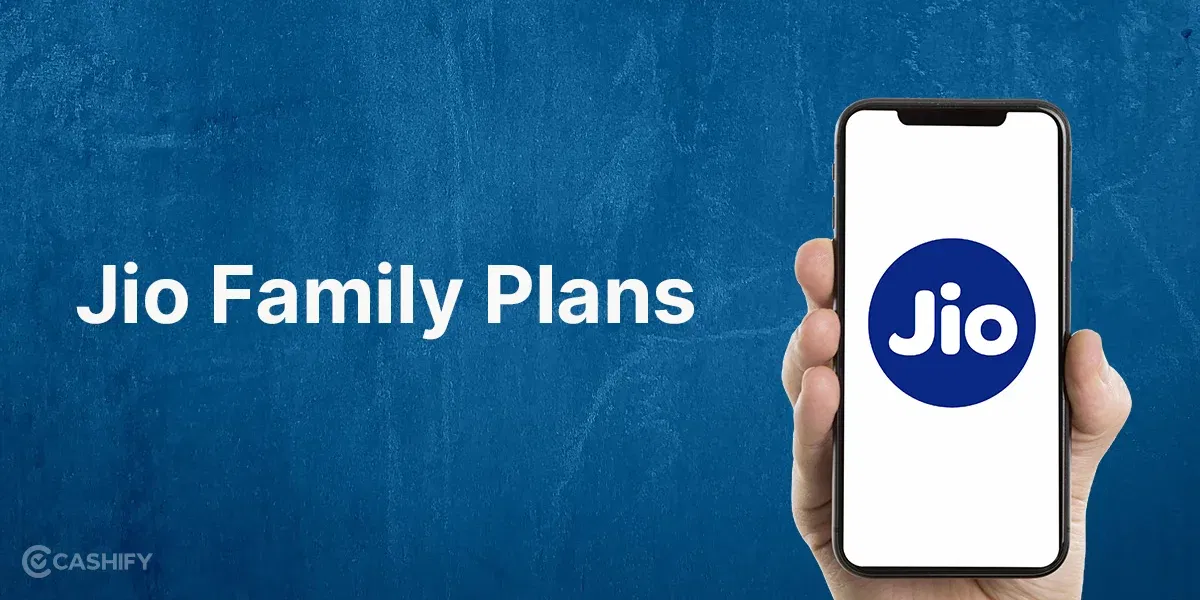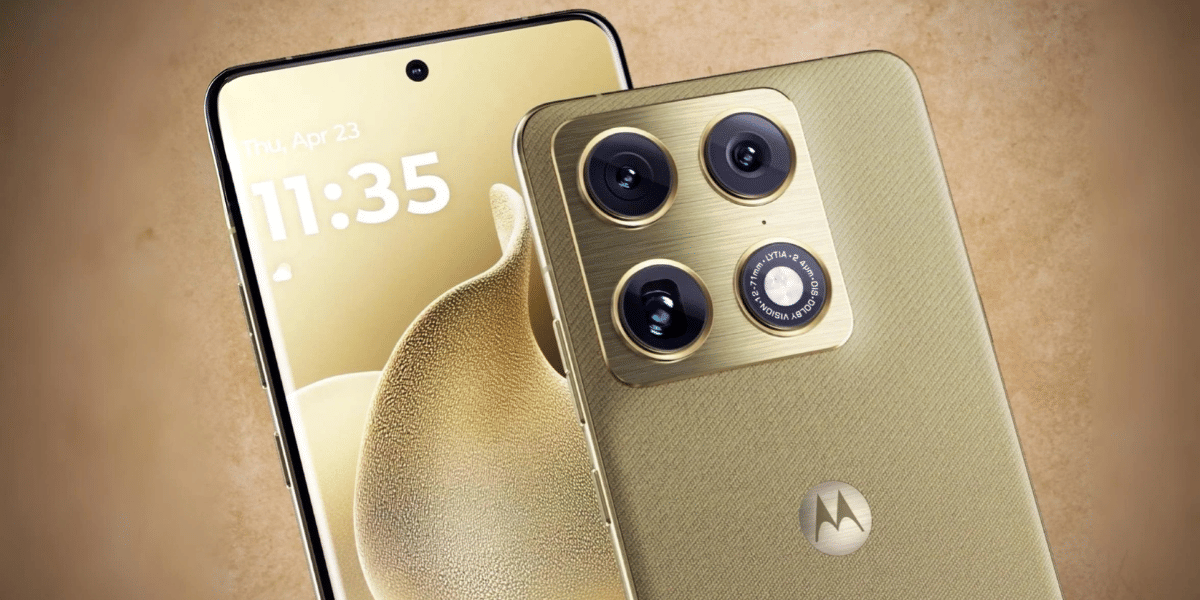With the recently concluded COP26 conference in Glasgow, all eyes are once again on governments to see what new initiatives and implementation strategies are brought up to tackle the increasing threats of climate change. While the global north is expected to spearhead the fight against climate change, one cannot possibly ignore India’s role as the world’s sixth-largest economy.
It is a matter of great pride that India is on track to achieve our climate goals well before the 2030 deadline decided in the Paris Climate Agreement. However, there remain some severe challenges in certain avenues, particularly e-waste management. As the third-largest producer of e-waste after China and the US, India has marked expectations to seriously curb its e-waste generation and produce sustainable solutions without hindering our economic growth.
Our rapidly urbanising population has led to a meteoric adoption of technology as the Indian people race forward to harness the benefits of the internet, particularly as a result of the COVID-19 pandemic, which left us all in our homes only to work and study via our electronic devices. Moreover, the notable advancements in spreading our 4G internet network to remote locations have further pushed consumer demand for smartphones. However, the combined challenges of COVID-19 and climate change have left us in a particularly difficult position to make sure Indians from every section of society are part of our growth story without increasing our burden on the fragile ecological systems of this planet.
An integral part in going forward will be played by what is popularly known as a ‘Circular economy’. The term has been around for decades, but the European Union’s recent New Circular Economy Action Plan, launched in 2020, has once again emphasised the importance of moving away from a linear economy. Fundamentally, it focuses on the need to transition from a take, make, use and throw model of production to a more holistic and sustainable method that prioritises reuse, reduce, and recycling of materials.
A 2016 report by the Ellen Macarthur Foundation revealed that India could unearth potential benefits of up to $624 billion by 2050 and lower its GHG emissions by up to 44 per cent by implementing and adopting a circular economy. However, to effectively build on this, a cooperative effort should be taken between businesses and the government. Therefore, it is a matter of pride for us at Cashify to have the circular economy at the core of our business model.
Our journey started in 2013, and since then we have been keen on creating a platform for buying, selling, and repairing our everyday consumer electronics. All of this has allowed us to set up a robust re-commerce ecosystem in India. We have now expanded to include TVs, gaming consoles, smartphone accessories, cameras, and many more products starting from smartphones. We recycle and resell about 125,000 smartphones every month and the numbers are continuously increasing.
Currently, more than 95 per cent of e-waste in India is handled by the informal sector in dangerous and haphazard conditions with little training. Often, due to the aforementioned linear economy, we discard products without paying attention to their repairability. This is arguably an outdated approach, as often, products are tossed with only minor issues that qualified technicians can easily rectify. Cashify consistently brings in formal training, skilling, and professional tools to create a safe environment where e-waste can be handled responsibly. We have tried and succeeded in setting up an infrastructure that lets our customers conveniently sell and repair their phones right at their doorstep.
The pre-owned devices sold to Cashify are then refurbished and sold at attractive prices up to 80 per cent lower than MRP, so anyone and everyone can own a smartphone and take part in India’s digital revolution. This is particularly helpful for those living in tier-2 and tier-3 cities, who may find it difficult to buy a new smartphone. Through our ever-expanding Cashify Store, we want as many electronic devices as possible to be refurbished and granted a second life. This doesn’t just help the end consumer, it also lowers the impact on the environment since we are extending the life-cycle of an older generation smartphone. This grants more time for the natural resource to regenerate.
Another interesting part about the circular economy is that it has a social impact on people, especially in India, where we like to reuse the simplest of things like soda bottles as water bottles and newspapers as a paper napkin. Our Indian society prides itself in reusing any sort of material, so why should smartphones not be a part of this ethos. Many users buy smartphones for banal work that an old phone can easily do, and refurbished smartphones just makes it more affordable for the end user.
Cashify even buys devices that have reached the end of their life from customers, so they can be processed and disposed of safely through our recycling programme. It is imperative that we handle these devices with care as the rare earth minerals present in them not only still have value and can thus be reprocessed for use in other electronics. Their handling by trained and qualified professionals helps us dispose of them in an environmentally friendly manner.
We proudly believe that running a circular economy based company should be self-sustainable. Compared to foreign nations where such business models are based on grants and trusts, a self-sustaining circular economic model is empowering in terms of economy, nature conservation and social impact.
An India bereft of its environmental beauty would be a gloomy sight for us all. It starts with every one of us taking responsibility and preventing any further ecological collapse. Ergo, integrating our business practices with the circular economy will play a critical role in India’s continuing growth story with a particular emphasis to ensure a safe and green environment for our future generations. And here, Cashify promises to always play a critical and ever-growing part to help nurture and shape our environmentally sustainable future.







